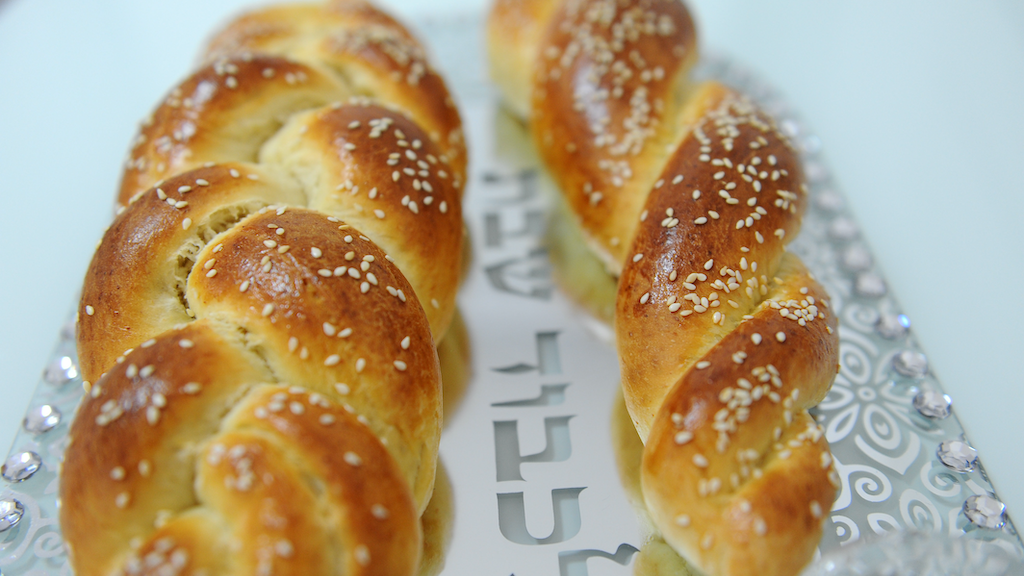Bread – Signs of the Faith
In this series, ‘Signs of Faith’, objects, procedures and concepts that express Jewish faith are explained and discussed.
Bread—isn’t that more of a sign of the Christian faith? After all, it is one of the elements of the Lord’s Supper. But if you consider the blessing pronounced by the Jews before eating bread, you could certainly also call bread a sign of Jewish faith. Besides, the Lord’s Supper has its origins in the Jewish Seder, the first night of Passover, where the matzah, the unleavened bread, is so full of meaning.
Bread appears in countless places in the Bible. Bread is essential. You could say that bread is pars pro toto for the whole meal. Abraham offers bread to his guests (Genesis 18:5), and Sarah has to ‘hastily’ bake it. What Abraham then puts before his guests is much more than bread. God gave Israel bread in the desert (Deuteronomy 8:3). Jesus handed out bread to the crowd.
Still, on Friday evening (the beginning of the Sabbath), the two Sabbath loaves recall the double portion of manna that Israel was allowed to collect for the Sabbath. When a piece of Sabbath bread is eaten, people dip it in salt. Salt recalls the meat offering in the temple (Leviticus 2:13). Actually, the table is an altar (Ezekiel 41:22, where the altar is called a table). This is why Jews ritually wash their hands before eating bread.
The blessing is pronounced on bread made from wheat, barley, rye, spelt or oats, grains that were already prevalent in ancient Israel. Moreover, it is bread only if the liquid ingredient of the dough is (mainly) water and is baked. Pasta, therefore, is not bread.
How does this blessing on bread read? “Blessed art Thou, Lord our God, King of the universe, who brings forth bread from the earth.” NB: the bread is not blessed, but God is given thanks as the Giver of bread. God not only makes the grain grow, He brings forth bread. In other words, the whole process from sowing —the grain dying in the earth and germinating—and harvesting to grinding, kneading and baking is something God gives. It is not we who produce, but our labour is a conduit to receive God’s blessing.






